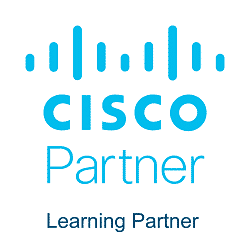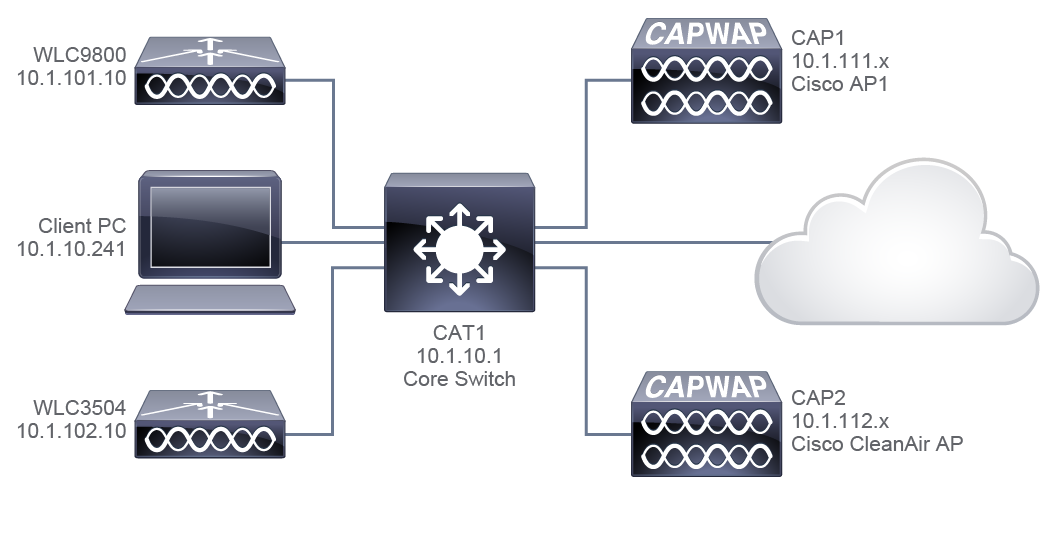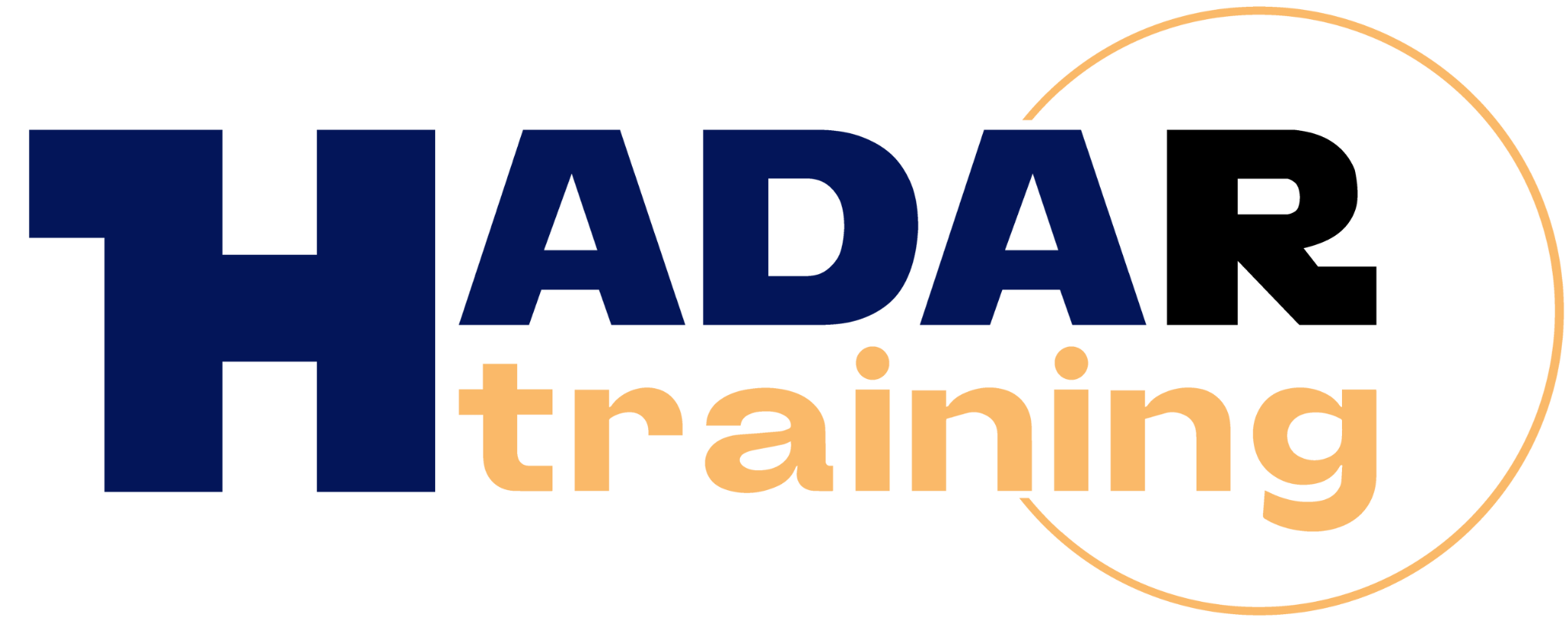Understanding Cisco Wireless Foundations Course-WLFNDU

The WLFNDU Understanding Cisco Wireless Foundations Course is a training program aimed at participants interested in developing specific skills in the field of wireless networks, in particular those managed with Cisco technologies. This course focuses on providing an in-depth understanding of the fundamentals of wireless networks, including Radio Frequency (RF) technology, industry standards for Wi-Fi, and security practices. Participants will learn to design, install and configure wireless local area networks (WLANs) of any size, with a focus on using Cisco DNA Center, a key tool for managing and optimizing wireless networks. Additionally, the course deepens your understanding of Cisco's wireless architecture, deployment modes, the Control and Provisioning of Wireless Access Points (CAPWAP) protocol, and the Cisco Wireless LAN Controller (WLC) and Access Point (AP) product line. .
Course Objectives
Below is a summary of the main objectives of the WLFNDU Understanding Cisco Wireless Foundations Course :
- Describe and implement the fundamental theory of wireless networks and Wi-Fi operations, including new generation Wi-Fi 6 and 7.
- Understand and apply the mathematical foundations and theories of antennas for WLAN networks.
- Address security in wireless networks, including implementation of 802.1X and Extensible Authentication Protocol (EAP).
- Configure wireless guest access and implement security measures for WLAN networks.
- Describe and implement Cisco’s wireless architecture, including deployment options and maintenance of centralized wireless networks.
- Enhance understanding of RF management to optimize WLAN performance and reduce interference.
- Gain expertise in diagnosing and solving typical wireless network issues using Cisco’s troubleshooting tools.
- Learn about the integration of IoT devices with Cisco wireless networks, focusing on new technological advancements.
Course Certification
This course helps you prepare to take the:
Cisco Enterprise Certifications
Course Outline
- RF and WLAN Theory
- Indoor Non-Wi-Fi Wireless Technologies
- Outdoor Non-Wi-Fi Wireless Technologies
- Indoor Wi-Fi Wireless Technologies
- Outdoor Wi-Fi Wireless Technologies
- RF Characteristics
- Signal Degradation
- Outdoor Signal Considerations
- WLAN Math and Antennas
- RF Mathematics
- Antenna Characteristics
- 4 Port DART Antenna Connector
- 8-Port DART Antenna Connector
- Legacy Antenna Support
- Antenna Accessories
- Wi-Fi Operations
- Spread Spectrum Technology Basics
- Exploring Wi-Fi 6E
- Wireless Media Access
- Wireless Governance
- Wi-Fi Spectrum Performance Enhancements
- Wi-Fi Spectrum Compatibility Features
- IEEE 802.11ax: Wi-Fi 6
- Summary
- Basic WLAN Security
- Wireless Security Components
- Assessing Wi-Fi Vulnerabilities using Common Tools
- IEEE 802.11 Security
- Advanced Wireless Intrusion Prevention System
- Advanced WLAN Security
- IEEE 802.1X and EAP Frameworks
- EAP Authentication
- Wi-Fi Alliance WPA, WPA2, and WPA3 Security
- Configuring WLAN Security
- Configure Native Operating Systems for WLAN Connectivity
- Configure Smart Handheld Clients
- Cisco Wireless Network Architecture
- Cisco Wireless Architecture
- Cisco Wireless Network Deployment Options
- Cisco Wireless Guest Access
- Cisco Wireless Management
- Cisco Policy Control—Cisco ISE
- Cisco Location Services—Cisco Spaces
- Implementing Cisco Wireless Network
- Cisco Enterprise Wireless Network
- Cisco Centralized Wireless Architecture
- Cisco FlexConnect
- Cisco Wireless Controllers
- Cisco Access Points
- Implementing Cisco Wireless Network Wired Support
- Layer 2 Infrastructure Support
- Configuring the Switch for Wireless
- Power Requirements
- Bandwidth Requirements
- Cisco Catalyst Switches
- Wired Infrastructure Protocols That Support Wireless
- Deploying Cisco Centralized Wireless Networks
- Initialize Centralized Cisco WLC
- Getting Familiar with Cisco WLC GUI
- Cisco WLC Ports, Interfaces, and Mapping
- Access Point Discovery Process
- Access Point Join Process
- Cisco WLC Redundancy and High Availability
- Cisco Access Point Failover
- Cisco Access Point Modes of Operation
- Summary
- Configuring Cisco Centralized Wireless Networks
- IPv6 in a Cisco Wireless Environment
- Roaming in a Centralized Architecture
- Layer 2 Roaming
- Layer 3 Roaming
- Mobility Details
- Mobility Groups and Mobility Domains
- Inter-Release Controller Mobility
- Optimizing RF Conditions
- Optimizing Client Performance
- Introducing Cisco CleanAir
- Summary
- Maintaining and Troubleshooting Cisco Wireless Networks
- Managing Licenses on Cisco WLC
- Updating Image on Cisco WLC
- Backup and Restore Process
- Troubleshooting Basics
- WLAN Troubleshooting Techniques
- Common Wireless Issues
- Cisco WLAN Troubleshooting Tools
- Third Party Troubleshooting Tools
- Managing and Monitoring Cisco Wireless Networks with Cisco DNA Center
- Introducing Cisco DNA Center
- Cisco DNA Center Workflows
- Cisco DNA Center Automation Overview
- Cisco DNA Center Assurance Overview
- Cisco DNA Center Assurance for Troubleshooting Wireless Networks
Laboratory Activities
- Practice RF Math
- Antenna Calculations
- Explore the Wi-Fi Environment
- Analyze Wireless Frames
- Configure Client Access
- Deploy Cisco 9800 WLC
- Configure Cisco 9800 WLC
- Perform Cisco 9800 WLC Maintenance
Course Mode
Instructor-Led Remote Live Classroom Training;
Trainers
Trainers are CISCO accredited instructors and certified in other IT technologies, with years of practical experience in the sector and in training.
Lab Topology
For all types of delivery, the participant can access the equipment and actual systems in our laboratories or directly in international data centers remotely, 24/7. Each participant has access to implement various configurations, Thus immediately applying the theory learned. Below are some scenarios drawn from laboratory activities.

Course Details
Course Prerequisites
- Participation in the Cisco CCNA Course is recommended .
Course Duration
Intensive duration 5 days;
Course Frequency
Course Duration: 5 days (9.00 to 17.00) - Ask for other types of attendance.
Course Date
- Cisco WLFNDU Course (Intensive Formula) – On Request – 9:00 – 17:00
Steps to Enroll
Registration takes place by asking to be contacted from the following link, or by contacting the office at the international number +355 45 301 313 or by sending a request to the email info@hadartraining.com


